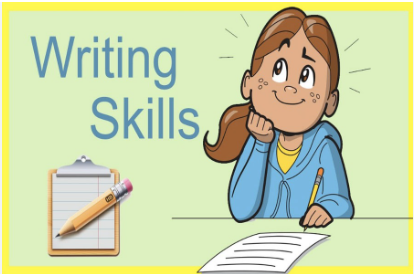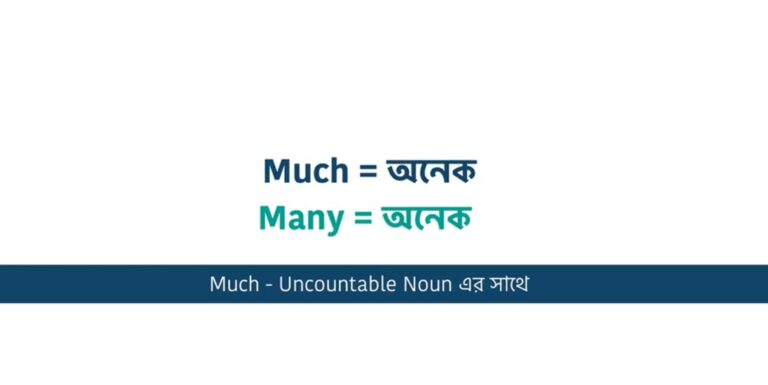How to Develop Writing Skill as a Bangladeshi Student
How to Develop Writing Skill as a Bangladeshi Student
Writing skill is one of the most powerful tools for success. For Bangladeshi students, strong writing skills are necessary not only for academic results but also for future careers in Bangladesh and abroad.
Unfortunately, many students here depend on memorization instead of practicing their own writing. The good news is, with the right steps, anyone can develop good writing skills. Let’s explore practical ways on how to develop writing skill as a Bangladeshi student with clear examples.
Why Writing Skill is Important for Bangladeshi Students
-
For exams: Whether it is SSC, HSC, or university admission tests, students must write paragraphs, essays, applications, or reports. For example, questions like “Write a paragraph about load-shedding” are common in exams.
-
For higher studies: Many Bangladeshi students dream of studying abroad. Universities often require personal statements or essays, which demand strong writing skills.
-
For jobs: Writing is equally important in professional life. A well-written CV or a polite email can make a big difference when applying for a job in Dhaka or abroad.
Now let’s go through practical steps.
1. Read More to Write Better
Reading is the foundation of writing. If you don’t read, you won’t know how sentences and ideas are formed.
-
Read newspapers like The Daily Star or The Independent. They use simple but formal English that’s useful for academic writing.
-
Read storybooks such as Humayun Ahmed’s translated novels or English classics like Robinson Crusoe.
-
Read online blogs on topics like cricket, education, or technology.
👉 Example: If you read an article about “Traffic Jam in Dhaka,” you will notice useful phrases like “wastage of time,” “economic loss,” and “possible solutions.” Later, you can use these ideas when writing your own paragraph.
Tip for Bangladeshi students: Spend at least 20 minutes a day reading English content.
2. Practice Writing Every Day
Writing is like playing cricket—you cannot improve by only watching others, you must play. Similarly, you must write daily to see progress.
-
Keep a diary: Write 5–6 sentences every night about your day. Example: “Today I went to school. I studied English and practiced writing. In the evening, I played cricket with friends.”
-
Write summaries: After reading a news article, try to rewrite it in your own words.
-
Practice exam questions: For example, write an essay on “The Importance of Internet in Education.”
👉 Example: Suppose you studied the topic “Load Shedding.” Instead of memorizing a ready-made paragraph, write:
“Load shedding is a common problem in Bangladesh. It disturbs students during study time. Many factories also face losses because of electricity failure.”
Tip: Aim to write 150–200 words every day. Within three months, you will see big improvements.
3. Improve Your Vocabulary and Grammar
Many Bangladeshi students face problems because they try to directly translate Bangla into English. This often creates wrong sentences.
-
Learn vocabulary daily: Write down 5 new English words with Bangla meaning. For example, “Pollution – দূষণ, Solution – সমাধান.”
-
Focus on grammar basics: Subject-verb agreement, tense, and prepositions are most important.
-
Avoid memorization: Instead of copying, create your own sentences.
👉 Example of common mistake:
❌ “I am very happy because I give exam good.”
✅ “I am very happy because I did well in my exam.”
Tip: Write simple sentences first. Instead of “It is my earnest desire to acquire knowledge,” write “I want to learn more.”
4. Learn Different Writing Styles
In Bangladesh, exams and real life require different writing formats. If you only practice one type, you will face problems later.
-
Paragraphs & Essays: Needed in SSC/HSC exams. Example: “Write an essay on Climate Change.”
-
Reports: Required in higher studies or journalism. Example: “Report on the Annual Sports Day at your school.”
-
Applications & Letters: Used in schools and jobs. Example: “Application for three days’ leave.”
-
Emails & Blogs: Needed for professional life and online communication.
👉 Example:
-
Exam essay: “Traffic jam is a great problem in Dhaka city. It kills valuable time of students and workers.”
-
Email: “Dear Sir, I would like to inform you that I cannot attend class tomorrow because of illness.”
Tip: Practice at least two different styles of writing every week.
5. Get Feedback from Teachers or Friends
You cannot see all your mistakes yourself. Feedback is necessary to improve.
-
Ask your English teacher to check your writing.
-
Exchange copies with friends and correct each other’s mistakes.
-
Join English clubs in your school or online Facebook groups like “English Learning Bangladesh.”
👉 Example: You wrote “He go to school everyday.” A teacher will correct it: “He goes to school every day.”
Tip: Don’t feel shy about making mistakes—mistakes are part of learning.
6. Use Technology and Online Tools
In today’s world, technology makes writing easier.
-
Grammarly: Helps correct spelling and grammar mistakes.
-
QuillBot: Suggests better sentence structures.
-
ChatGPT: Gives ideas for essays, paragraphs, and practice topics.
-
YouTube channels: Search “English writing tips for beginners” for free lessons.
👉 Example: If you type “Bangladesh is a beautyful countri”, Grammarly will correct it to “Bangladesh is a beautiful country.”
Tip: Use these tools to check mistakes, but always try to think and write on your own.
7. Stay Motivated and Patient
Developing writing skill is a slow but steady process. Many Bangladeshi students lose interest because they expect fast results.
-
Set small goals: First, write 5 sentences correctly. Then move to 10 sentences.
-
Celebrate progress: If you can write a paragraph without mistakes, feel proud.
-
Learn from mistakes: Instead of feeling upset, take mistakes as lessons.
👉 Example: At first, you may write: “Today I eat rice and go school.” After a month of practice, you will be able to write: “Today I ate rice and went to school.”
Tip: Remember, every great writer started with small, simple sentences.
Final Thoughts
Developing writing skill as a Bangladeshi student is possible for everyone. If you read regularly, write daily, improve vocabulary and grammar, learn different writing styles, get feedback, use technology, and stay motivated, you will become a confident writer. Writing skill will help you in exams, higher studies, and future jobs in Bangladesh and abroad.
You May Read: How to Speak English Fluently


